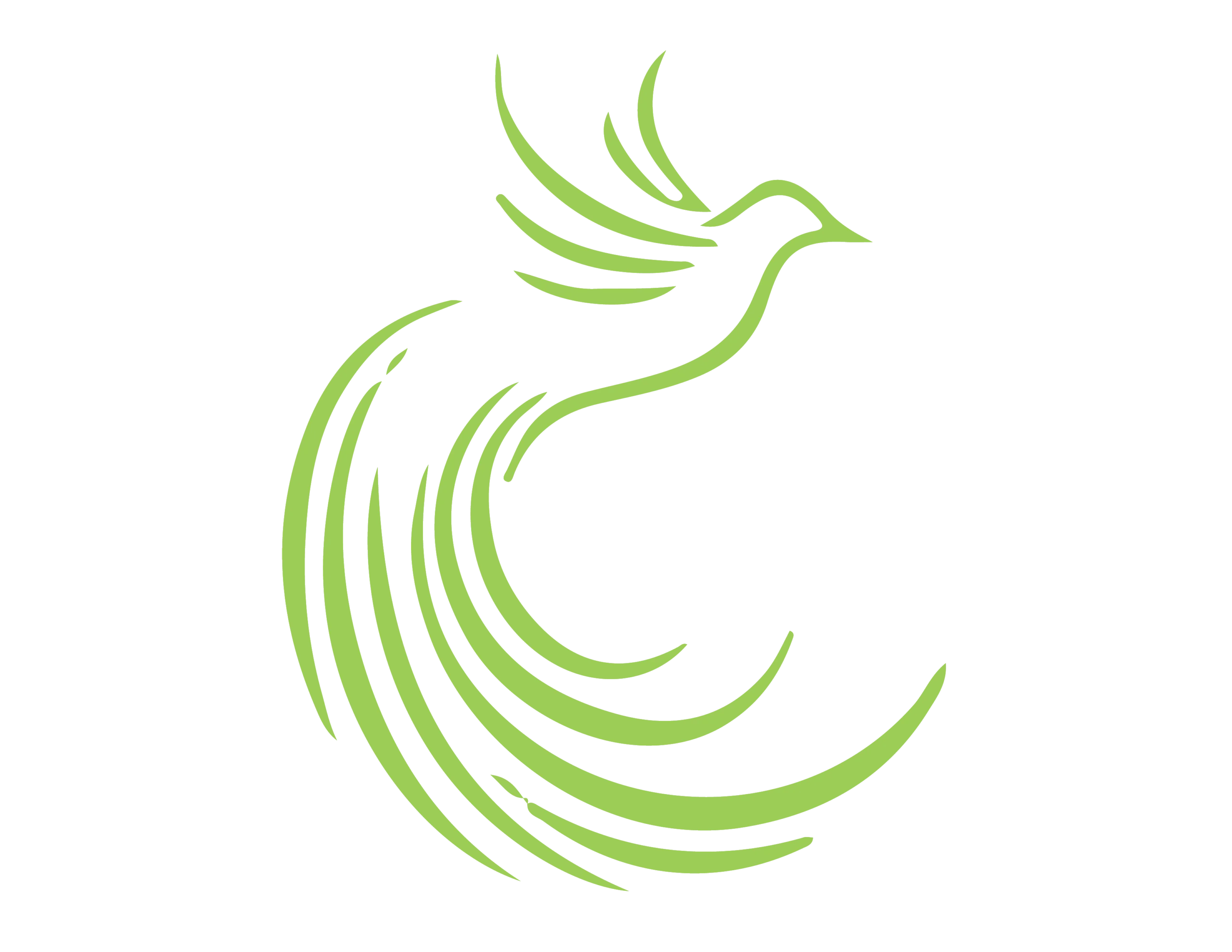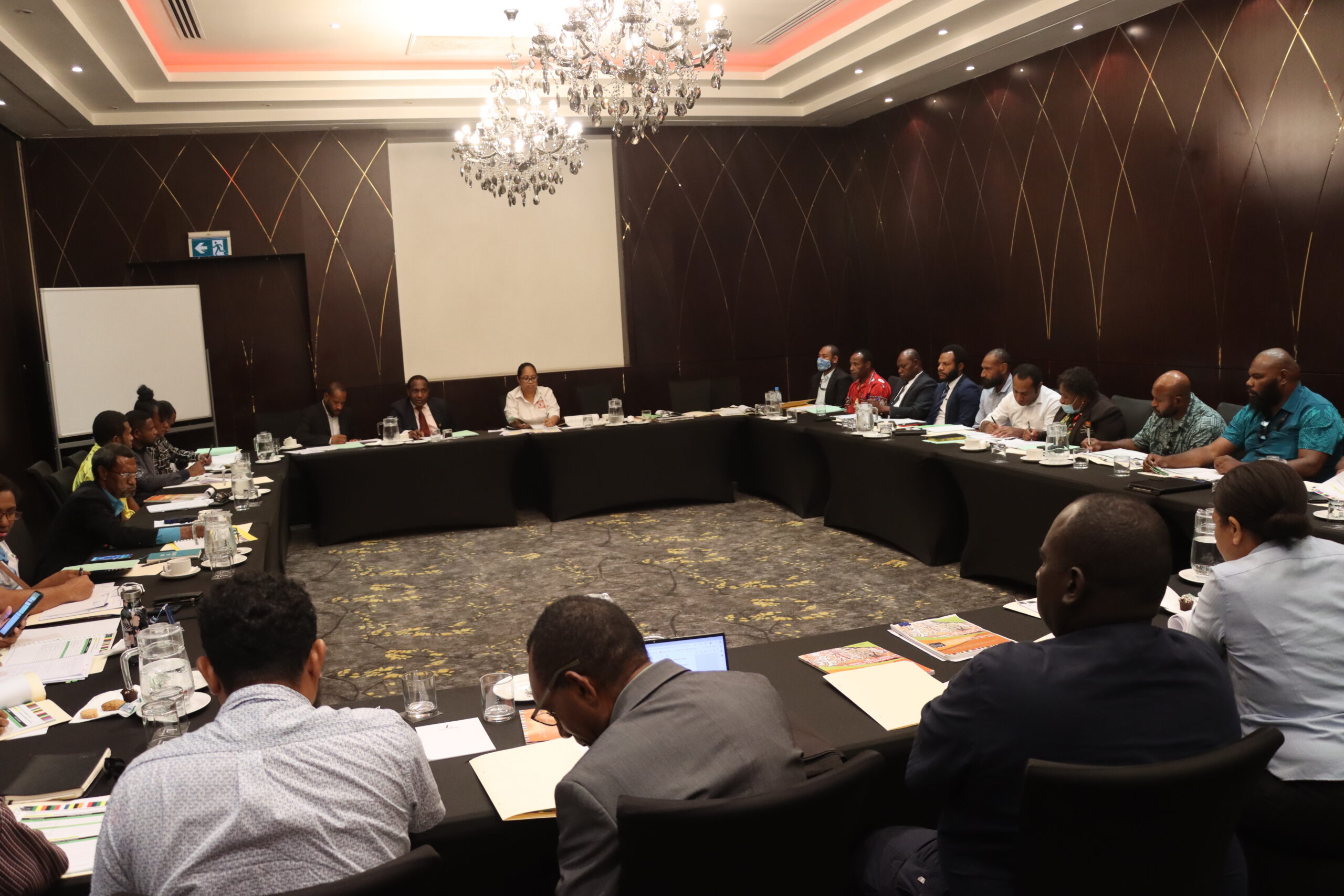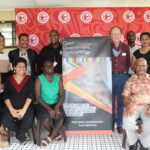To the extent that geography can pervade a country’s sense of self, Papua New Guinea (PNG) has often been described as inaccessible, with an abundant plurality of cultures borne of isolation. With a sparse population of seven million, living in remote rural communities on the eastern half of the second largest island in the world, the government of PNG has struggled to be open to all of its citizens.
In recent years, PNG has been pursuing a range of development goals. These development goals have been in alignment with the government’s Development Strategic Plan 2010-2030; the National Strategy for Responsible Sustainable Development; the country’s medium-term development plans and its overarching development vision—Vision 2050. Delivering all of these development agendas, for the most part, relies on building a process of good governance at all levels. Thus, a mechanism such as the Open Government Partnership, which gives added incentive to governments to open up to citizens, allows strengthening of delivery and monitoring of public services.
At the OGP International Forum in Bali from 6-7th May 2014, the Papua New Guinea Foreign Minister Rimbink Pato had expressed PNG’s intent to join OGP in his statement, subject to further consideration by the government. Following Minister Pato’s statement at the Bali conference, Transparency International PNG, with the assistance of the OGP core team in Indonesia, organized an in-country OGP workshop in Port Moresby from 27-28th November 2014, at which Foreign Minister Pato delivered the closing remarks.
The workshop, in the spirit of OGP, saw over 50 participants from media, academia, civil society organizations (CSO), and government decide on clusters of commitments seen as essential to addressing OGP’s grand challenges in the Papua New Guinean context. One outcome of this workshop was the submission of a National Executive Council (NEC, the country’s Executive branch) policy paper, resulting in a Council decision endorsing PNG’s intention of becoming an OGP member country, as well as a directive to the Department of Foreign Affairs to draft a letter of intent of PNG’s membership to the OGP.
With the Department of Foreign Affairs as the Point of Contact (PoC) for OGP in PNG, preparations were made in earnest to submit the requisite documentation to meet the eligibility criteria specified under the OGP Articles. PNG scored 12/16 points, and was officially declared by the co-chairs of OGP as an OGP partner country on 28th October 2015 at the OGP Global Summit in Mexico.
Being a newly accepted partner, PNG has had formalised meetings between government agencies and civil society actors to work on the first OGP National Action Plan (NAP) for the country. Twelve government departments and ten CSOs, who form the country’s Steering Committee, initially gathered to initiate the process for the formulation of the NAP in February 2016. These Steering Committee meetings have been co-chaired by the PNG Department of Foreign Affairs and Transparency International PNG (TIPNG) on behalf of civil society.
There have been five PNG Steering Committee Meetings since the country joined OGP. From the Steering Committee Meetings, four commitment clusters have been selected to be included in the first NAP:
- Public Participation
- Freedom of Information
- Fiscal Transparency
- Extractive Resources Transparency
The initial Steering Committee meetings agreed that the establishment of sub-technical teams to draft action plans was necessary to address the identified commitment clusters. It was also noted that there should be an audit to identify all current government initiatives that were already addressing the above-mentioned commitment clusters. It was agreed that the identification of the issues, gaps, and constraints within the commitment clusters would form the basis for PNG’s first NAP.
During the meetings, presentations were made from several agencies including the Department of Treasury, Constitutional Law and Reform Commission, Institute of National Affairs, Department of Communication and Information, and the Department of Community Development on the roles and responsibilities of their respective organizations, including the current relevant initiatives that their organizations were undertaking.
The PNG NAP framers aim to ensure the milestones for each the commitment clusters contribute to PNG’s development and reform agenda and open up bureaucratic bottlenecks in order for government to be responsive to the needs of the citizens and improve service delivery. To drive good governance, the NAP commits to the promotion of citizen participation and access to information, transparency in public procurement and budget tracking, and ensuring tax and revenue transparency in natural resources management to adequately support development and reform agendas. During the implementation process, the action plan for each commitment cluster will cut across themes including anti-corruption, national development goals, ease of doing business, and natural resource governance.
A second OGP in-country workshop is proposed for August 2016. This workshop aims to bring together a wide range of participants from key ministries, agencies and organizations, as well as PNG’s bilateral partners in Indonesia and Australia, and its multilateral development partners, namely the Asian Development Bank, the United Nations Development Program, and the World Bank.
The workshop aims to get comments and feedback from a wider audience on PNG’s first NAP. After the workshop, PNG’s first NAP will be finalized, and then conveyed through an NEC policy submission to Cabinet for approval before being submitted to the OGP Secretariat in Washington by 31 August 2016.
PNG’s is still taking baby steps in its journey towards OGP, but the more complex global challenges that face the country require that PNG measurably improve its governance systems. OGP builds the processes of modern governance which, in turn, lead to sustainability and prosperity. This is made evident through OGP’s global platform, which aims to connect, empower and support domestic reformers committed to transforming government and society through openness.
Taking this to heart, Papua New Guinean CSOs and state agencies are coming together, inspired by the spirit of good governance and effective service delivery, to frame the first National Action Plan.




